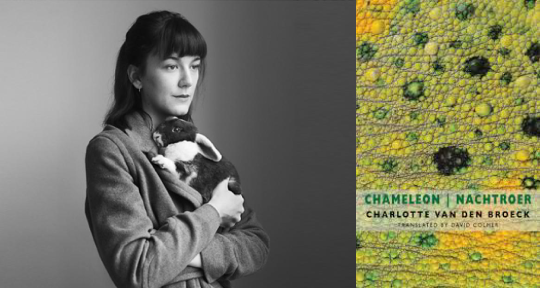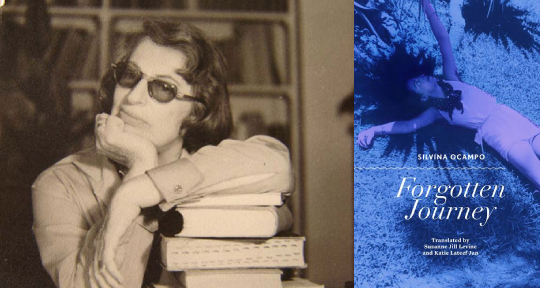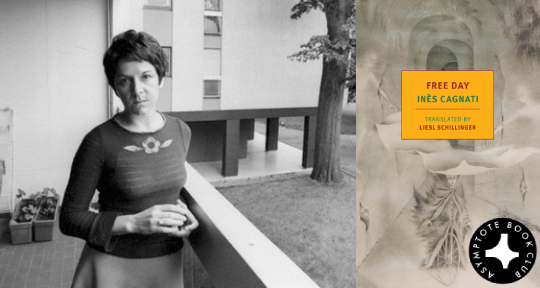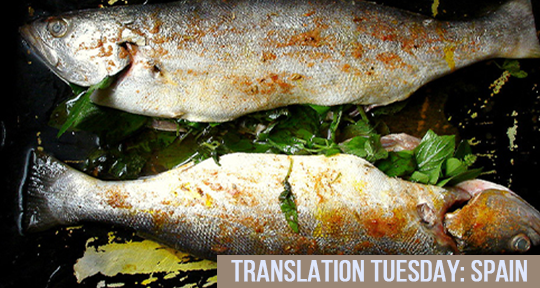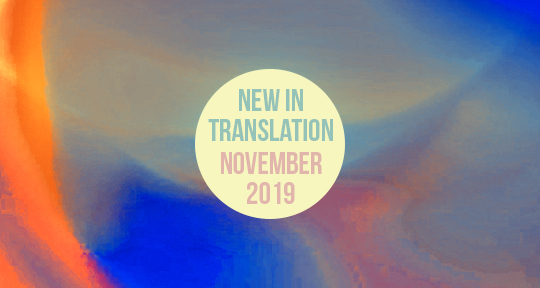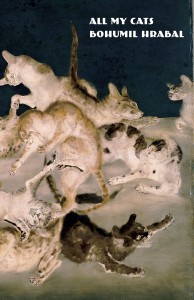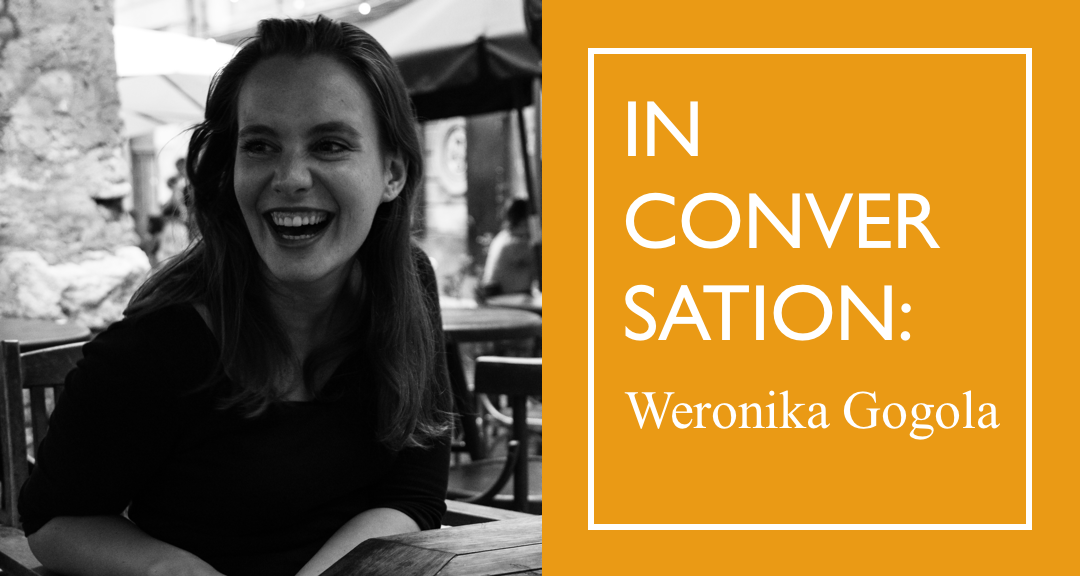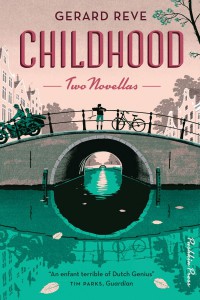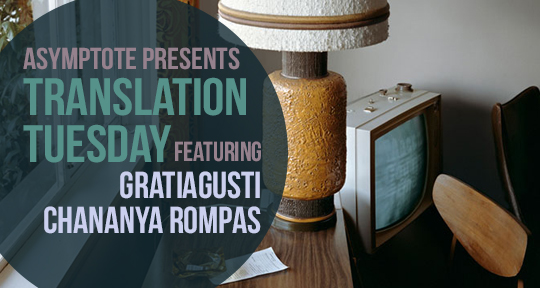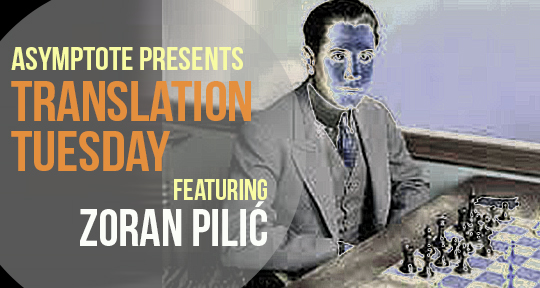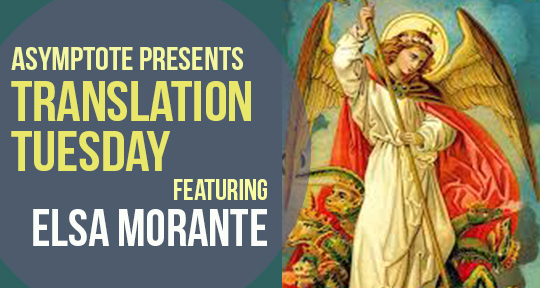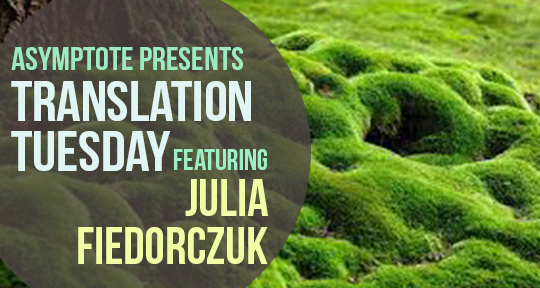In this week’s Translation Tuesday, a mother’s heartbreak echoes the mournful music of the Earth in Aurélia Lassaque’s hybrid story “Whalesong.” Our protagonist is a prodigious scholar processing a loss so excruciating and traumatic that our narrator frames it via global atrocities and cataclysms. The Earth’s persistent gravity seems absurd, even obscene. Mass extinctions are viewed as unimportant. Through the speaker’s close-third reveries, we witness the massacre of the French Cathars—a gnostic community burned alive by the Church—and meditate upon the world’s cruelty as their ashes are washed away by a seemingly divine rain. Even the sea’s withdrawal evokes a desert’s emptiness. Excerpted from Lassaque’s forthcoming novel, “Whalesong” marries poetry with music, verse with prose—its aural artistry is preserved and accented by Madeleine Campbell’s exquisite translation, which strategically leaves passages in French, Occitan, and Latin to preserve bits of the source language’s sound. Just as our protagonist writes love poems in Occitan (the “language of secrets”), Lassaque’s prose itself reads like verse. A hauntingly beautiful selection by a contemporary troubadour.
She doesn’t know what to pack in her suitcase . . . Toothpaste. A translucent comb with a broken tooth.
When do milk teeth start to grow in? Why this amnesia of our early years? Why don’t our memories reach back to our birth? We are born, and then we step out on a tightrope without a net. We survive infancy. It takes so much effort there’s no room left to remember them. No room either for the future save for the thirst.
What is she to do with all the things they’ve given her? If only she could track the objects passing from nursery to nursery, outgrown in a matter of weeks. Why do people discard them so readily? What would a map of their journey look like?
She has fluoride toothpaste. She thinks it’s silly to deny herself a microwave yet use a toothpaste that causes cancer.
To lose your parents is to become an orphan. To lose your child, what is that? Why is there no word to express it?
*
Outside, it’s pelting down. In the South it rains less than in Paris. The rain is striking. In the tongue of Oc they say it’s raining millstones, raining anvils. A Christian god wouldn’t pelt them with anvils. Mind you . . . He did allow men, women, and children to gather in his temple, be massacred in his temple, even though the stones bleached out, all the blood had dried off centuries ago. That god had let it be known: Kill them all, God will know His own. The river of blood might be flowing still. There may be the odd mistake. A tiny martyr disappears down the river. Does God really welcome all innocents? The god who imposes baptism to save one’s soul, what does he do with the stillborn?
Dehors il pleut à coup de pelles. Plòu a palas.
It’s raining shovels. READ MORE…



